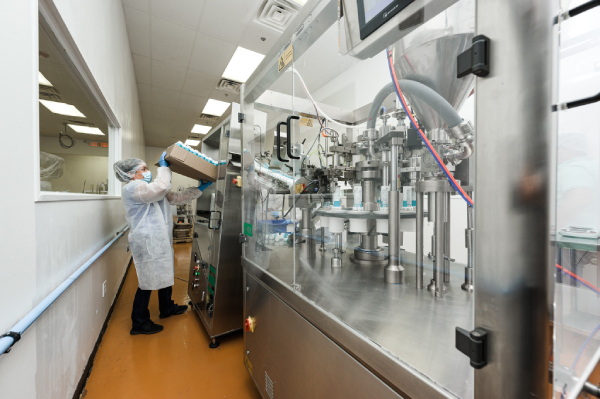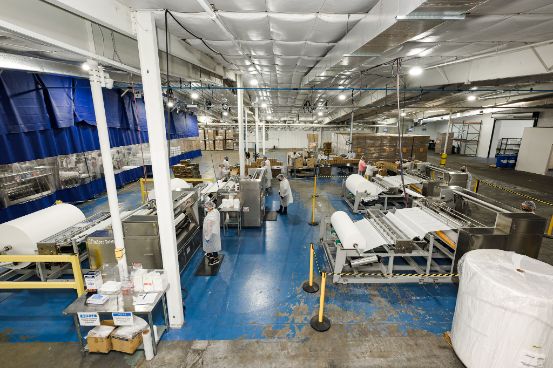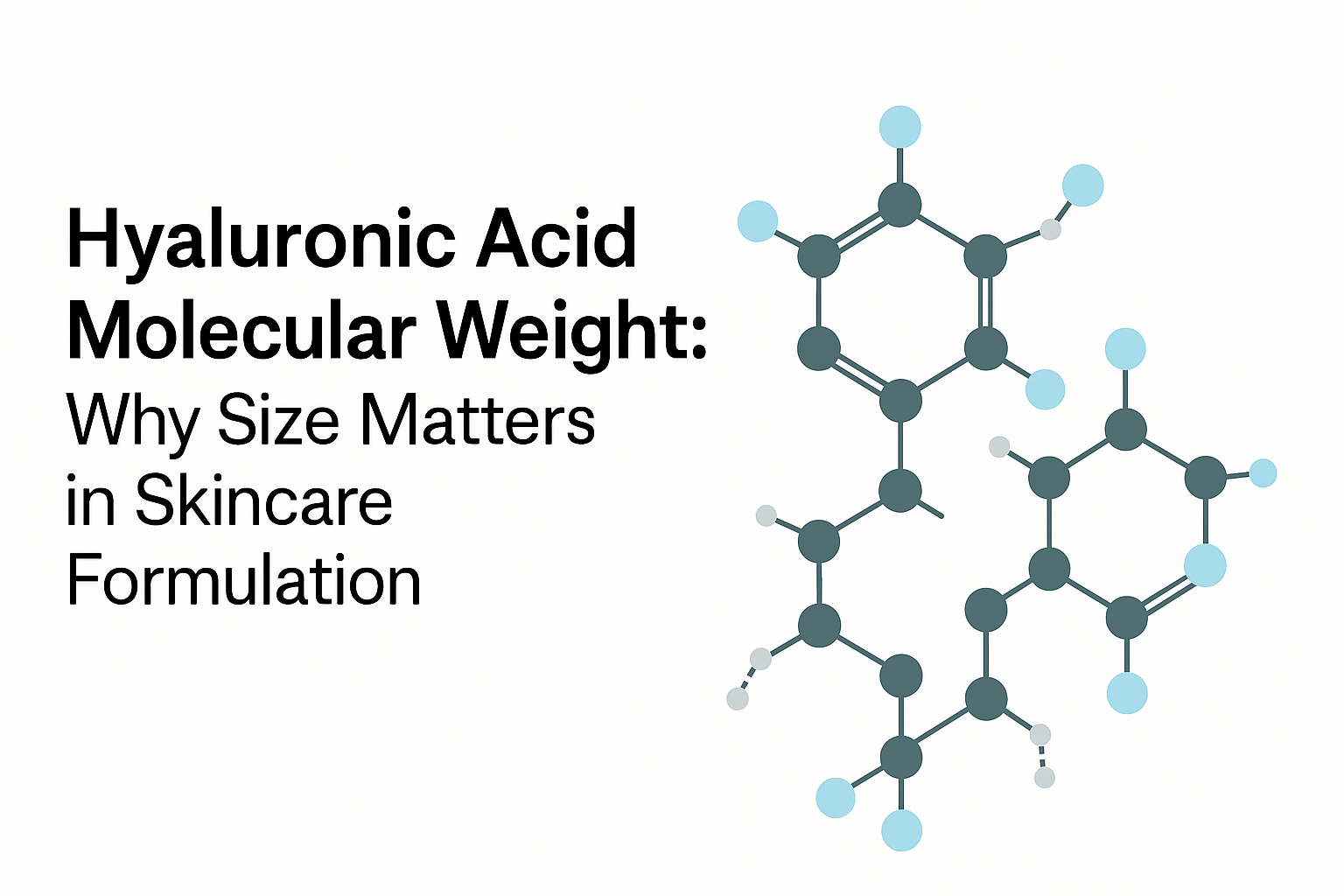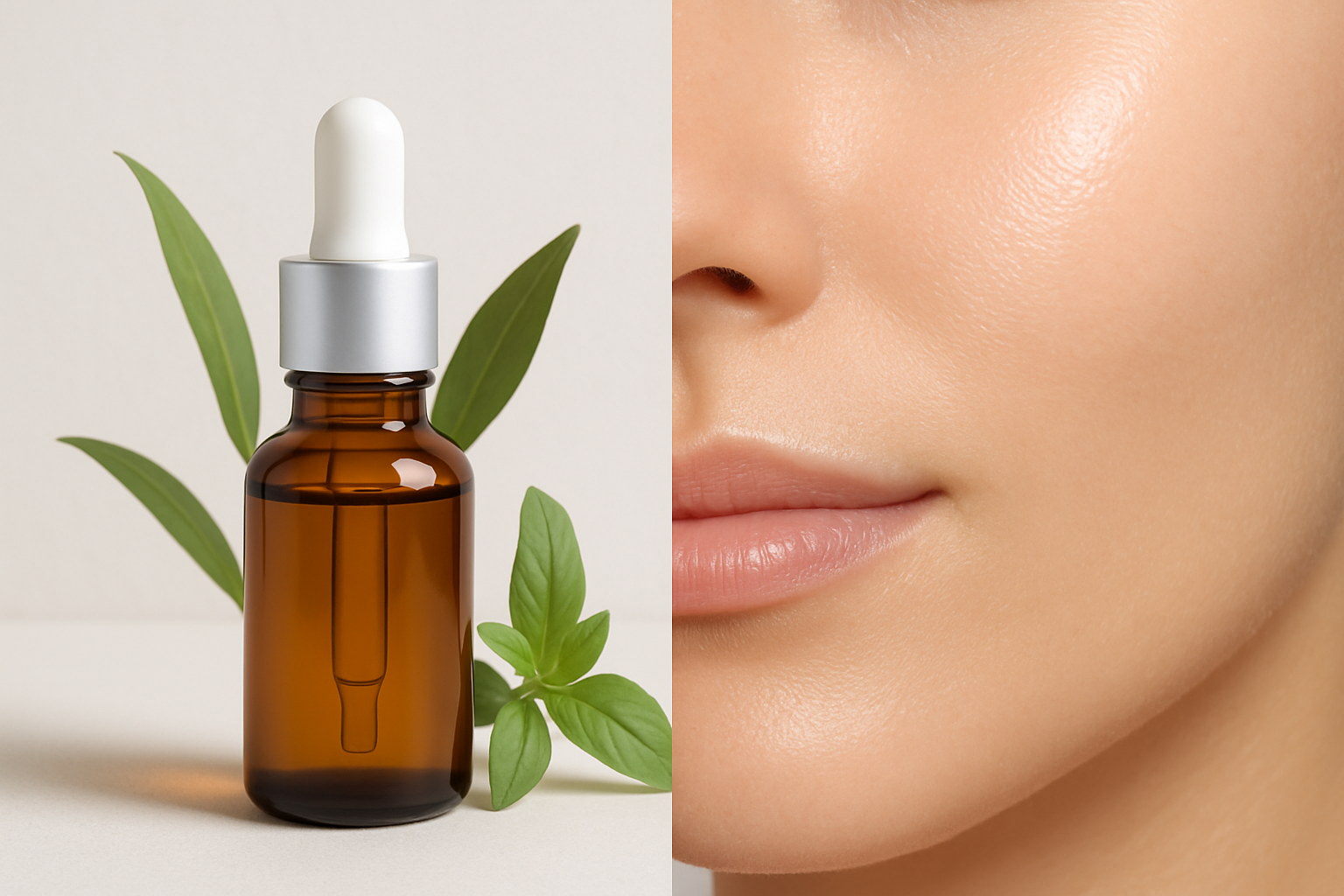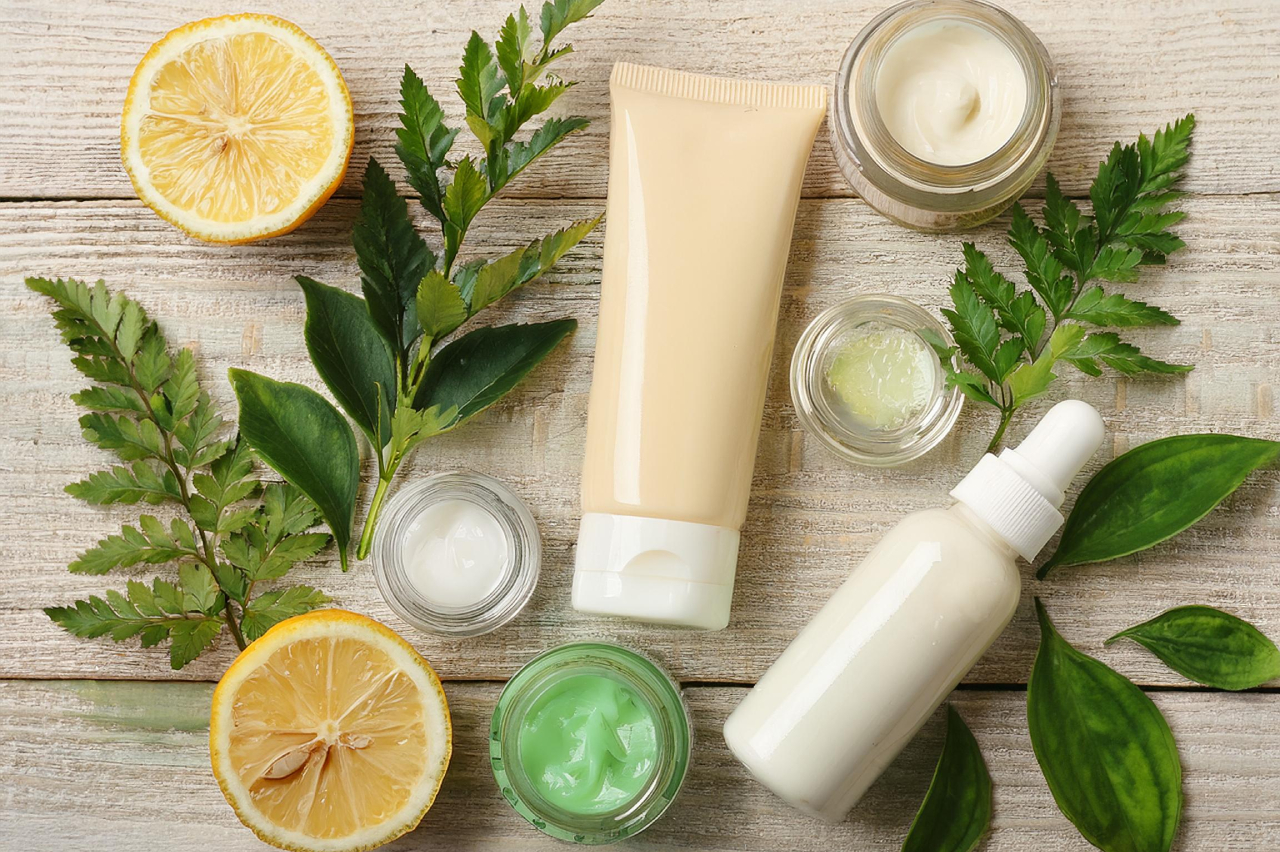Retinol is hailed as a superhero anti-aging ingredient by dermatologists worldwide. It’s undoubtedly a powerful asset in the fight against fine lines, discoloration, and acne. However, retinol can cause dryness, redness, and irritation for people with certain skin types and conditions.
Consequently, many users have sought an alternative with all the benefits but without the pesky side effects. Enter encapsulated retinol.
This ingredient has been recently making waves in the skincare industry and is expected to make a real splash in years to come. But what is encapsulated retinol, and why should you use this ingredient in your skincare products?
Keep reading to learn what sets this ingredient apart and why you should jump on the encapsulated retinol bandwagon.
What Is Encapsulated Retinol?
Encapsulated retinol is a version of retinol that uses encapsulation technology to envelop the ingredient in a protective barrier. This protective covering is moisturizing, allowing retinol to travel through the skin more delicately and penetrate more deeply. This approach mitigates retinol’s potential side effects while enhancing this active ingredient’s efficacy.
How Does Encapsulated Retinol Work?
Unlike regular retinol, encapsulated retinol doesn’t get to work immediately after coming into contact with the skin’s surface. Instead, it bypasses the surface and travels deep into the skin layers. Only after it reaches deep below the skin surface does the ingredient start working its magic.
Besides avoiding surface-level irritation that might ensue with pure retinol, encapsulated retinol works more efficiently. This is because the most significant changes in skin firmness occur in deeper skin layers. In addition, this approach keeps retinol safe from oxygen and light, thus increasing its stability.
The slow-dissolving approach is made possible by the protective barrier surrounding retinol and a unique time-release technology.
Encapsulated Retinol vs. Retinol
Retinol is a liposoluble retinoid, a group of natural and synthetic derivatives of vitamin A. Vitamin A is an essential nutrient that participates in many biological functions, including reproduction, the immune system, and the cell cycle.
Retinol has made a name for itself in the skincare and cosmetic industry thanks to its contribution to a healthy, fresh, and smooth skin appearance. Retinol speeds up cell renewal in the skin, builds collagen, and reduces the degradation of the extracellular matrix, the structure responsible for skin repair and regeneration.
As a result, this potent ingredient reinforces the skin barrier, brightens the skin tone, and reduces wrinkles and blemishes. Sounds like a miracle worker, right? So, why switch to encapsulated retinol?
The truth is that retinol’s benefits are undeniable. However, they often come with many side effects that can easily make consumers swear off products using this active ingredient.
The most common side effects include:
- Redness
- Irritation
- Itching
- Burning
- Dryness
- Flaking and peeling
- Increased sensitivity to UV rays
These side effects typically occur with people using retinol for the first time and users with sensitive skin. However, even users without sensitive skin often report sensitivity, redness, and peeling, especially when increasing retinol usage in their skincare routine.
Besides being aggressive, retinol is an unstable ingredient. It’s sensitive to UV rays and air and heat exposure. For this reason, it must be handled with care and stored in specific conditions. In addition to raising production costs, this instability reduces the efficacy of skin care products with retinol.
The encapsulation technology removes all these issues without compromising the ingredient’s benefits. It creates a more stable product with a longer shelf life by making retinol less vulnerable to breaking down when in contact with UV rays, heat, and oxygen.
Basically, the barrier used for encapsulated retinol acts as bubble wrap, protecting the ingredient from breaking down when exposed or traveling through the skin.
Can Skincare Products Contain Both Retinol and Encapsulated Retinol?
Skincare products can contain both pure retinol and encapsulated retinol. This combination addresses issues on the skin’s surface and its deeper layers. It should bring about rapid surface-layer improvements while keeping the long-term benefits of encapsulated retinol’s slow-releasing and deeper-penetrating approach.
However, users should still beware of the usual retinol side effects like skin dryness and irritation. A great way to combat these side effects is by applying a moisturizer on top of the retinol-containing product. Also, users should always ease into these products, starting sparingly and periodically until their skin gets used to such a potent formula.
As you can see, combining pure retinol and encapsulated retinol might be a more thorough approach to addressing skin issues. But it also can bring users back to the beginning regarding retinol side effects.
Since encapsulated retinol is a clear winner in the encapsulated retinol vs. retinol battle, you should strive to manufacture products using only this ingredient.
The Benefits of Switching to Encapsulated Retinol in Skincare Products
Retinol has long joined the ranks of hyaluronic acid, vitamin C, and niacinamide as holy grails of the beauty and skincare industry. So, why should you switch to using encapsulated retinol in your skincare products? Let’s break it down.
Encapsulated Retinol Has Fewer Side Effects
You might worry whether switching to encapsulated retinol is sustainable, given retinol’s popularity. But remember – encapsulated retinol is still retinol. It has all the skincare benefits with minimal to no side effects.
Encapsulation makes this ingredient gentle on the skin without decreasing its efficacy. Although encapsulated retinol is primarily helpful for people with sensitive or dry skin, most skin types can benefit from switching to this ingredient.
For this reason, consumers worldwide are starting to navigate more toward this ingredient, increasing sales of products containing encapsulated retinol.
Encapsulated Retinol Is More Stable
Since retinol is notoriously unstable, it will swiftly degrade if not formulated and packaged correctly. Once that happens, it becomes ineffective or overly irritating. This unfortunate characteristic limits your options when working with private label and contract manufacturing companies. Plus, it increases the cost of production.
Adding an encapsulated coating to retinol stabilizes its molecules by protecting them from environmental factors that cause them to lose their effectiveness or break down.
Encapsulated Retinol Is More Versatile
Thanks to their stability, products containing encapsulated retinol aren’t necessarily delegated as nighttime-only products. This significantly increases the potential scope of the ingredient’s use.
Here are some ideas for products with encapsulated retinol besides the popular night serums:
- Retinoid emulsions
- Treatments for sensitive skin
- Skin-renewing serums
- Retinol boosters
Encapsulated Retinol Is More Effective
Most encapsulated retinol products advertise the formulation choice on the bottle. Given the popularity of retinol, you can probably strike gold by marketing encapsulated retinol as its more effective counterpart. This increased effectiveness comes from the ingredient’s higher penetration potential.
Encapsulated Retinol Is Beginner-Friendly
Even if some users are adamant about using pure retinol, they will need to start slowly. Encapsulated retinol is significantly gentler, making it ideal for easing into this ingredient. As a result, people new to using retinol will likely purchase your products, expanding your customer base.
How to Incorporate Encapsulated Retinol Into Your Skincare Line
Suppose you’ve decided that encapsulating retinol for skincare applications is the way to go. In that case, it’s time to find a reliable manufacturer to help you devise products using this active ingredient.
At InSpec Solutions, we have a world-class research and development department that stays on top of trends and developments in the skincare world. Therefore, we can produce a wide range of products using encapsulated retinol. By now, it should be clear that these products are highly effective and positioned to succeed in the skincare market.
We’re continuously creating and testing new formulations and adding them to our library. You can choose the formulations with encapsulated retinol that best suit your vision or work with our highly skilled and experienced team to devise new ones.
It all depends on the approach you want to take to manufacturing: private labeling or contact manufacturing. In the former approach, we’ll take care of every step of your encapsulated retinol product launch. This process starts with product selection and formulation and ends with product distribution.
You can be more hands-on if you opt for the contract manufacturing approach. Our scientists will help you fulfill your dreams by manufacturing the exact encapsulated retinol product you choose.
Regardless of your choice, you can rest assured that your skincare products or line will be in safe hands. After all, InSpec Solutions was built on four core principles: innovation, quality, reliability, and agility. These principles are all you need to create a successful and long-standing skincare business.
Encapsulated Retinol for the Win
Encapsulation technologies offer new opportunities to design innovative and advanced products for the skincare industry. You hit the jackpot when you combine these effective technologies with an active ingredient as favored as retinol.
There’s no doubt that encapsulated retinol is the future of retinol skincare products. Therefore, switching to using this powerful ingredient in your products might be prudent. Alternatively, you can introduce a few products containing encapsulated retinol to your skincare line.
You can’t go wrong using this “gold standard” retinol if you work with a reliable manufacturer.
